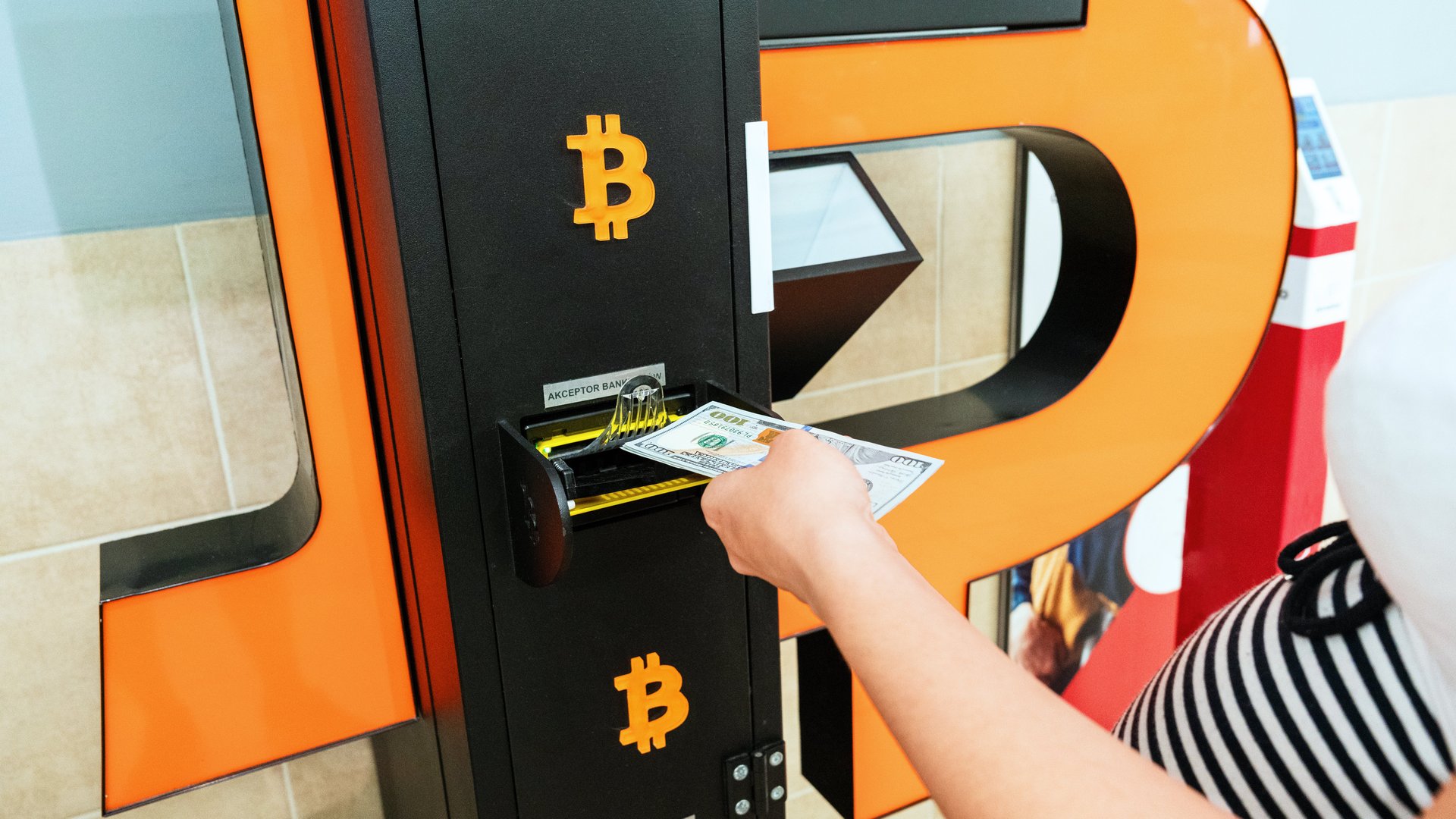Bitcoin ATM scams surged past $100 million last year. Is your crypto safe?
Consumers who are 60 and older are more than three times more likely to become victims of Bitcoin ATM fraud

A recent report from the Federal Trade Commission (FTC) highlights a significant surge in Bitcoin ATM-related scams. Consumer losses have skyrocketed nearly tenfold since 2020, and in 2023 alone, reported losses exceeded $110 million. This alarming trend continues into 2024, with over $65 million lost to Bitcoin ATM fraud in just the first six months of the year.
Suggested Reading
The report underscores that elderly individuals are disproportionately affected by these scams. Consumers over the age of 60 were more than three times as likely to fall victim to Bitcoin ATM fraud compared to younger adults. The financial impact has been devastating across all age groups, with the median loss reported in the first half of 2024 reaching a staggering $10,000.
Related Content
How scammers attack Bitcoin ATMs
Bitcoin ATMs look like traditional ATMs and are often found in convenience stores and gas stations, allowing users to exchange cash for cryptocurrency. Scammers convince victims to deposit cash into Bitcoin ATMs to protect their savings. Most of these scams involve fraudsters posing as government officials, businesses, or tech support, per the report. Generally, the scammers create a sense of urgency, pressuring consumers to withdraw money from their bank accounts and deposit it into a Bitcoin ATM. Once the victim scans a QR code provided by the scammer, the money is instantly transferred to the scammer’s crypto account, the report said.
How to keep a distance from scams
The FTC report advises not to click on unexpected links or respond to unsolicited calls, messages, or pop-ups. If you’re contacted by a supposed institution or government agency, you should verify legitimacy by contacting the company or agency directly using a number or website you find yourself, not the one provided by the caller. Last, the FTC advises, you should slow down and consult someone you trust before taking action.